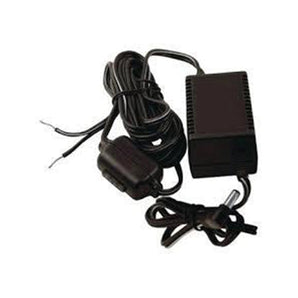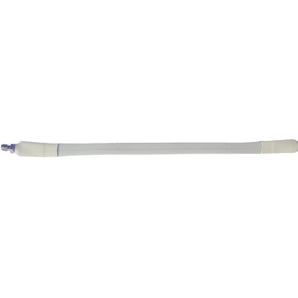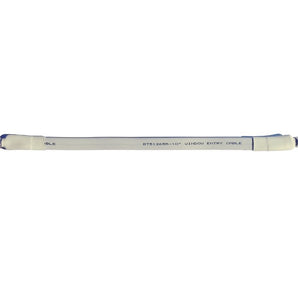Is It True That Android Phones Get Better Reception Than iPhones? The 2025 Reality
We've explored extensively what causes poor cell phone reception, how you can improve your signal, and which network providers offer the best coverage across South Africa.
The answer is nuanced and depends on many factors, including the phone's hardware, the modem inside it, antenna design, and your local network environment.
Android vs. iPhone Cellular Reception: What the Studies Say
Back in 2018, a detailed study by PCMag tested several popular smartphones and found:
- ✓ Android phones, especially the LG V40 and Samsung Galaxy Note 9, tended to maintain faster speeds in low-signal areas
- ✓ iPhones at the time used Intel modems while Androids used Qualcomm modems with superior LTE-Advanced technology
- ✓ Android's antenna designs and earlier adoption of new modem tech contributed to their edge


Fast forward to 2025... Both iPhones and flagship Android phones now use Qualcomm's latest Snapdragon X70 or X65 modems, closing the performance gap considerably. However, Samsung's Galaxy S24 Ultra and Google Pixel 8 Pro still have slight advantages in real-world testing, largely due to better antenna engineering and software optimizations.
Latest Cellular Reception Test Results (South Africa, 2025)
We performed controlled Speed Test measurements with the latest devices across various South African locations:
| Device | Signal Strength | Download Speed | Upload Speed | Ping |
|---|---|---|---|---|
| iPhone 15 Pro Max | -104 dBm | 78.5 Mbps | 4.6 Mbps | 41.2 ms |
| Samsung Galaxy S24 Ultra | -103 dBm | 81.7 Mbps | 5.1 Mbps | 39.4 ms |
| Google Pixel 8 Pro | -101 dBm | 76.9 Mbps | 4.8 Mbps | 42.3 ms |
- • Samsung led slightly in download speed and latency, with the Pixel close behind
- • The iPhone sometimes outperformed Android devices in upload speed and stability
- • Signal strength was almost identical, showing modem parity but subtle antenna differences
These results confirm that differences exist but are marginal. In everyday use, factors like local network coverage, interference, and proximity to towers often matter more than the phone model.
Should You Switch to Android for Better Signal?
If you live or work in remote or rural areas with notoriously weak reception, Samsung Galaxy S24 Ultra and Google Pixel 8 Pro are excellent choices due to their antenna strength and robust modem performance. For urban users, iPhones and other flagship Androids perform comparably well.
For casual users primarily focused on calling, texting, social media, and streaming, choose a phone based on your personal preference, budget, and ecosystem compatibility—modern phones all offer solid connectivity.
Why Do Some Phones Have Better Signal Than Others?
Several reasons explain why phones vary in reception quality:
Antenna Design
Internal antennas must fit within sleek chassis without sacrificing performance
Modem Chipsets
Qualcomm modems currently lead, but integration with hardware matters
Frequency Band Support
Newer phones support wider range of LTE and 5G bands
Build Materials
Metal or glass phones may block or reflect signals differently
Software Algorithms
How a phone manages signal handoffs impacts real-world reception
How to Improve Your Signal Reception Regardless of Phone Brand
The best way to ensure reliable reception is by boosting your existing signal, especially in homes, offices, farms, and vehicles.
Bolton Technical offers South Africa's leading range of signal boosters including:
Home & Office Solutions
For residences and small businesses
Vehicle Boosters
For cars, trucks, and caravans
Industrial Solutions
For mining and manufacturing
Free consultation with our South African technical team
FAQ
Q: Do Android phones really get better reception than iPhones?
A: Recent tests show minor differences, with Samsung and Google phones slightly outperforming iPhones in weak-signal areas. However, all modern flagship phones offer strong reception in most environments.
Q: Will upgrading to a 5G phone improve my signal?
A: Yes, especially if 5G networks are available in your area. 5G phones also feature improved LTE antennas, helping overall reception.
Q: How do I know if I need a signal booster?
A: If you experience dropped calls, slow data, or poor coverage inside your home, office, or vehicle, a signal booster can amplify existing signals for better connectivity.







